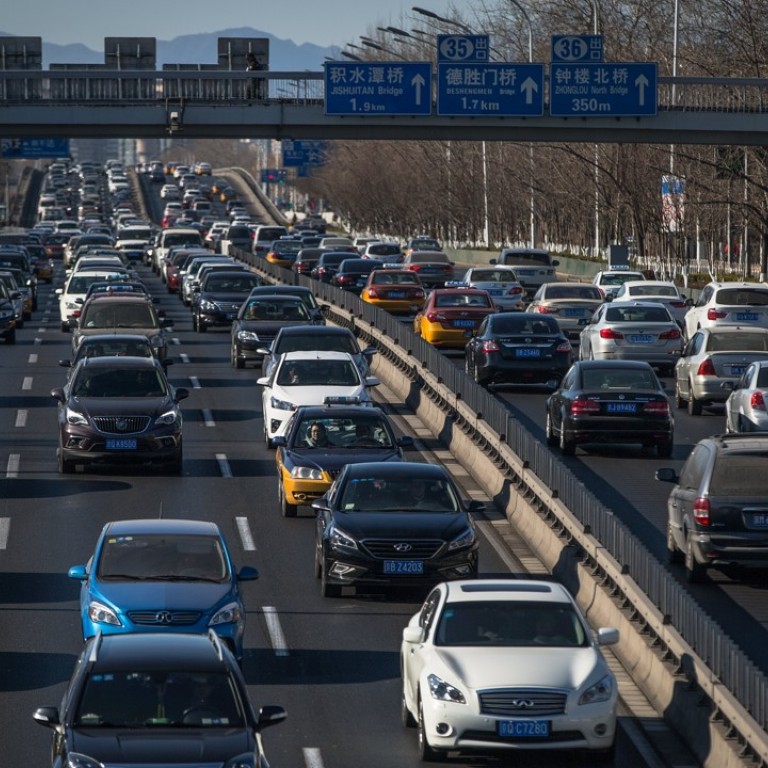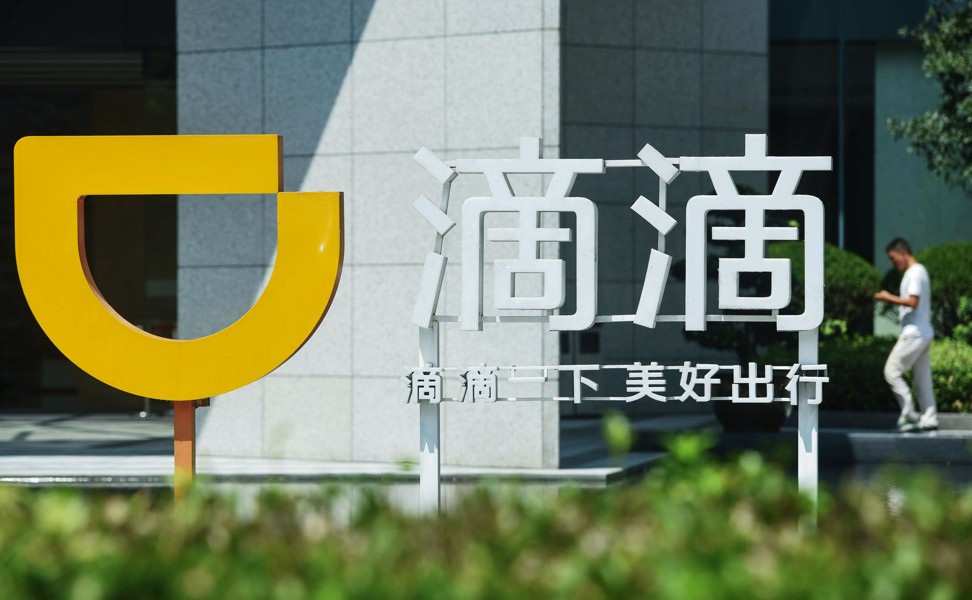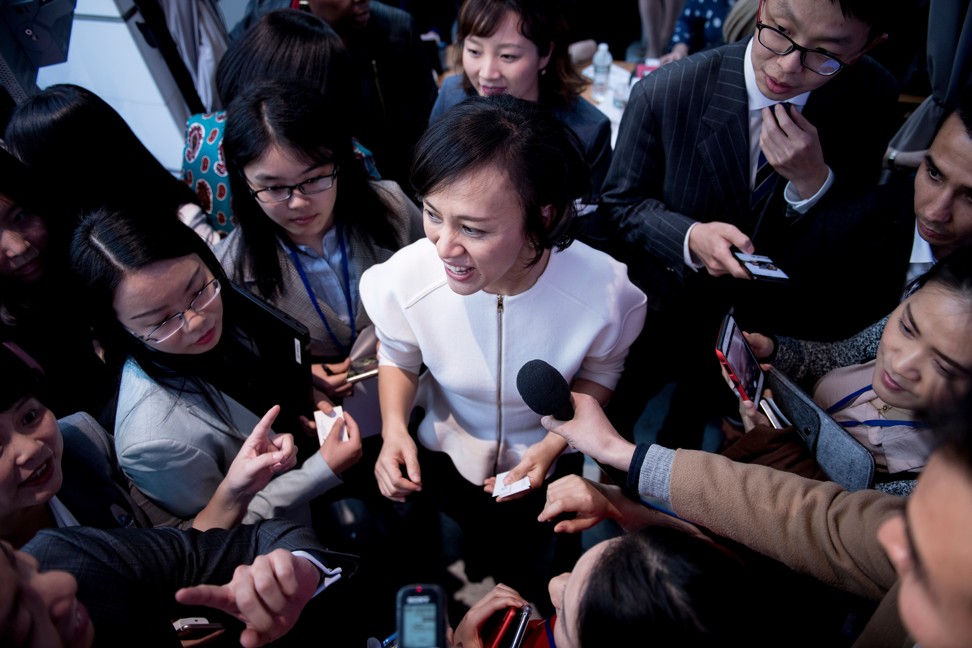
How tightly should China regulate tech innovation without strangling engine for economic growth?
- China’s authorities have stepped in to overhaul safety practices in the ride-hailing industry after allowing the companies to police themselves
Smog and jobs helped buy Didi Chuxing and its one-time competitor now shareholder Uber Technologies room to become so big and integral to daily life in China that legitimising the practice of private car-sharing became a mere formality in late 2016. By then, the government had another argument to justify the legalisation: it wanted to develop a sharing economy.
Fast-forward to 2018 and the sharing economy is under siege. Didi, the market leader in ride-hailing in China, has a full-blown safety crisis of its own making after two young female passengers died while using a hitch-riding service that it had marketed as a way to meet people.

A review of public court records revealed a string of sexual assault cases involving drivers for Didi attacking female passengers. Didi’s founder Cheng Wei and president Jean Liu have apologised in the wake of the scandal, saying that “vanity” and “breathless expansion” had caused the Beijing-based start-up to lose sight of its original mission to build a better world of mobility.
After years of adopting a mostly laissez faire approach, the authorities have stepped in, conducting on-site inspections, threatening fines and requiring overhaul of safety practices at Didi and other ride-hailing companies. Tellingly, the Ministry of Transport warned the companies to ensure their operations are in “full compliance” of the law.
The current clampdown highlights a ramping up of governmental supervision after years of a more or less hands-off approach toward “innovative businesses” in the name of nudging the traditional economy toward a technology-driven one, according to Sun Naiyue, analyst with consultancy Analysys.
“Ride-hailing in China has been on a high-speed track since 2013 and 2014,” said Sun. “Such exuberance was also in part led by the existence of Uber, a precedent viewed by authorities and many investors as a new model to create working opportunities and boost service efficiency.”

The question of balance between regulation and innovation is a perennial one. Should the government allow the market to correct excesses and find its balance, or should it step in to prevent overreach that could lead to public safety like in the case of Didi’s hitch service? When does one encourage innovation, and when does one nip something in the bud? In most cases, it is difficult to anticipate how new business ideas develop.
China is very close to a “techno-utilitarian” approach, meaning the government is willing to “let technology launch, see how it goes and rein it back if needed”, Lee Kai-fu, Google’s former China head who now manages about US$2 billion in investments as chairman and chief executive of the technology-focused venture capital firm Sinovation Ventures, told the Post in an interview in August.
Despite ride-hailing services originating from the US, it was China that became the first country to legalise the industry nationwide.
“Ride hailing has played a healthy economic and social impact on increasing income, creating jobs, fostering credible behaviour and making service more convenient,” noted Hao Kai, research analyst with the State Information Centre in a column published on organisation’s homepage not long after the regulation was passed.

The motive is also different, as Chinese regulators have to account for social stability, balancing the needs of consumers against the interests of the ride-hailing platforms and also taxi operators, according to Cheng Hu, vice-president of the Fourth Intermediate People’s Court of Beijing, in a post in April.
“From the state level, authorities need to embrace modern technology, encourage mass entrepreneurship and innovation, carry out deregulation reform while maintaining social security and stability,” Cheng said.
The year 2018 may turn out to be a wake-up call for venture capital investors, who have poured in billions of dollars into ride-hailing and are demanding results measured by numbers.
“Technology start-ups are under pressure from investors, and a major evaluation standard is the rate of growth,” Sun said. “Now, investors and companies have to consider brand image and user satisfaction rate as well … It’s not a sprint that lasts for three to four years, but a long-term development.”
With a boom-and-bust playing out in other parts of the sharing economy like bicycle-sharing, history may be doomed to repeat itself unless lessons are learned.
Already, there are increasing reports that the pouring of investments into short-term home rental, which Airbnb pioneered in the US, has resulted in safety and health hazards caused by haphazard refurbishments of flats in China.
It is still best for the government and industry players to sit down, Sun said, and devise rules that can optimise the services and ensure public safety when it involves high-frequency services for the masses.
Follow @SCMPTech on Twitter for the latest in China and Asia tech news.

